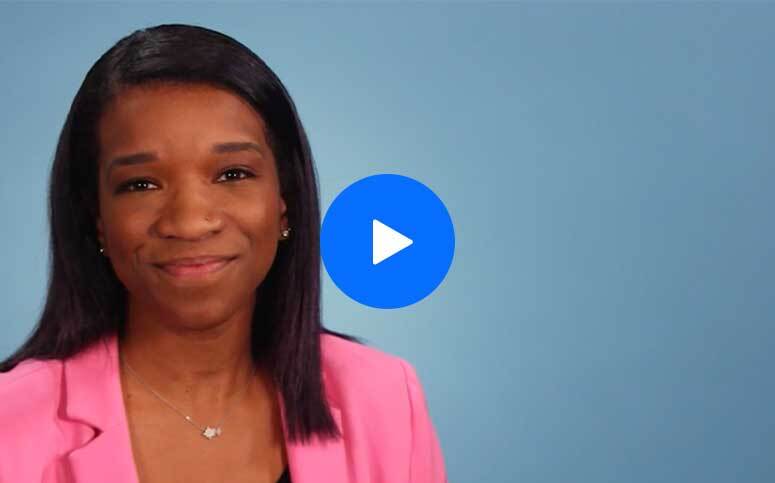Why are inclusive cultures important?
Inclusive cultures are effective cultures. They unlock the power of diversity, drive innovation, and empower everyone to do their best work. They also lead to more transparent, fair processes related to assigning work, giving and receiving feedback, promotions, compensation, and more.
How do you create an inclusive culture?
Through our research and work with more than 1,000 organizations, we have found that inclusive cultures are unique in a few key ways.
Equip people to use clear, consistent criteria to make decisions. Enable people from all backgrounds to feel like they belong and are valued. Ensure that people from all backgrounds have a voice and feel like their perspectives are heard, valued, and respected. Create opportunities for all employees to grow.
While these practices foster a more inclusive culture for everyone on a team, they’re especially impactful for employees from underrepresented groups.
What are the pillars of an inclusive culture?
The four pillars of inclusive leadership are Objectivity: Making more consistent, equitable decisions, Belonging: Creating a culture where everyone can bring their authentic, full selves to work, Voice: Ensuring people’s voices are heard, valued, and respected, and Growth: Creating an environment of learning and growth
What’s the difference between inclusion and diversity?
Diversity is the variety of visible, invisible, inherited, attained, or chosen characteristics within a group. Inclusion is the result of an active effort to create the best environment for everyone, where they feel like they belong, and can do their best work — it’s key to unlocking the power of diversity.

 Our website uses cookies to distinguish you from other users of our website. This helps us to provide you with a good experience when you browse our website and also allows us to
improve our site. By continuing to browse our website, you’re agreeing to our use of cookies. For more information, please read our
privacy policy.
Our website uses cookies to distinguish you from other users of our website. This helps us to provide you with a good experience when you browse our website and also allows us to
improve our site. By continuing to browse our website, you’re agreeing to our use of cookies. For more information, please read our
privacy policy.



